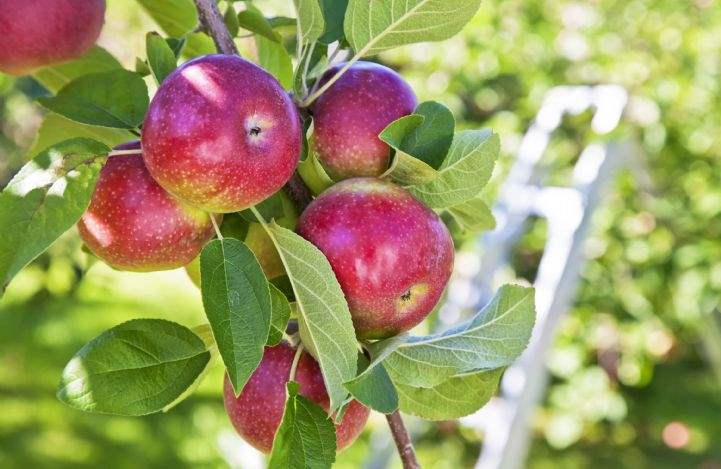Our departure from the European Union could present opportunities for UK food producers, according to some recent Savills analysis (see Spotlight: GB Agricultural Land 2018), which looks at the stock of agricultural land across 11 EU countries.
Despite the fact that the UK possesses one of the largest areas of farmland relative to total land mass, the prevalence of grassland and comparatively high input costs present hurdles to expanding the value of what is produced. Our research flags up two salient Brexit-related risks to agriculture, a weakened trade position and reduction to subsidy could hamper the industry's future prosperity.
Of course, change can engender caution, but our analysis suggests opportunities could be realised by boosting innovation and collaboration to reduce costs, better aligning output with domestic consumer demand and developing economically viable ways to enhance our natural capital in conjunction with food production.
The 65 million people living in the UK spend about £95 billion on food and non-alcoholic drinks per year. This equates to around 5 per cent of the average post-tax income per person. However, despite an increasing emphasis being placed on food provenance, price remains a principle factor influencing consumer demand.
Of the 11 countries examined within our research, the UK is one of the most reliant on imports to meet food demand on a volume basis. Climate and soil quality largely dictate realisable output with fruit and vegetables forming the largest trade deficit as imports are almost 30 times greater than exports in value terms (see chart below).
To overcome this, advances in agri-tech/precision farming, opportunities to increase collaboration and marketing present tangible ways to service domestic demand via new and unconventional production methods. In addition to widening the scope of domestic productivity subject to environmental constraints, technologically led innovation could also boost efficiency and potentially reduce the UK's reliance on some imports.

.jpg)
.jpg)
.jpg)
.jpg)
.jpg)
.jpg)
.jpg)

.jpg)
.jpg)
.jpg)
.png)